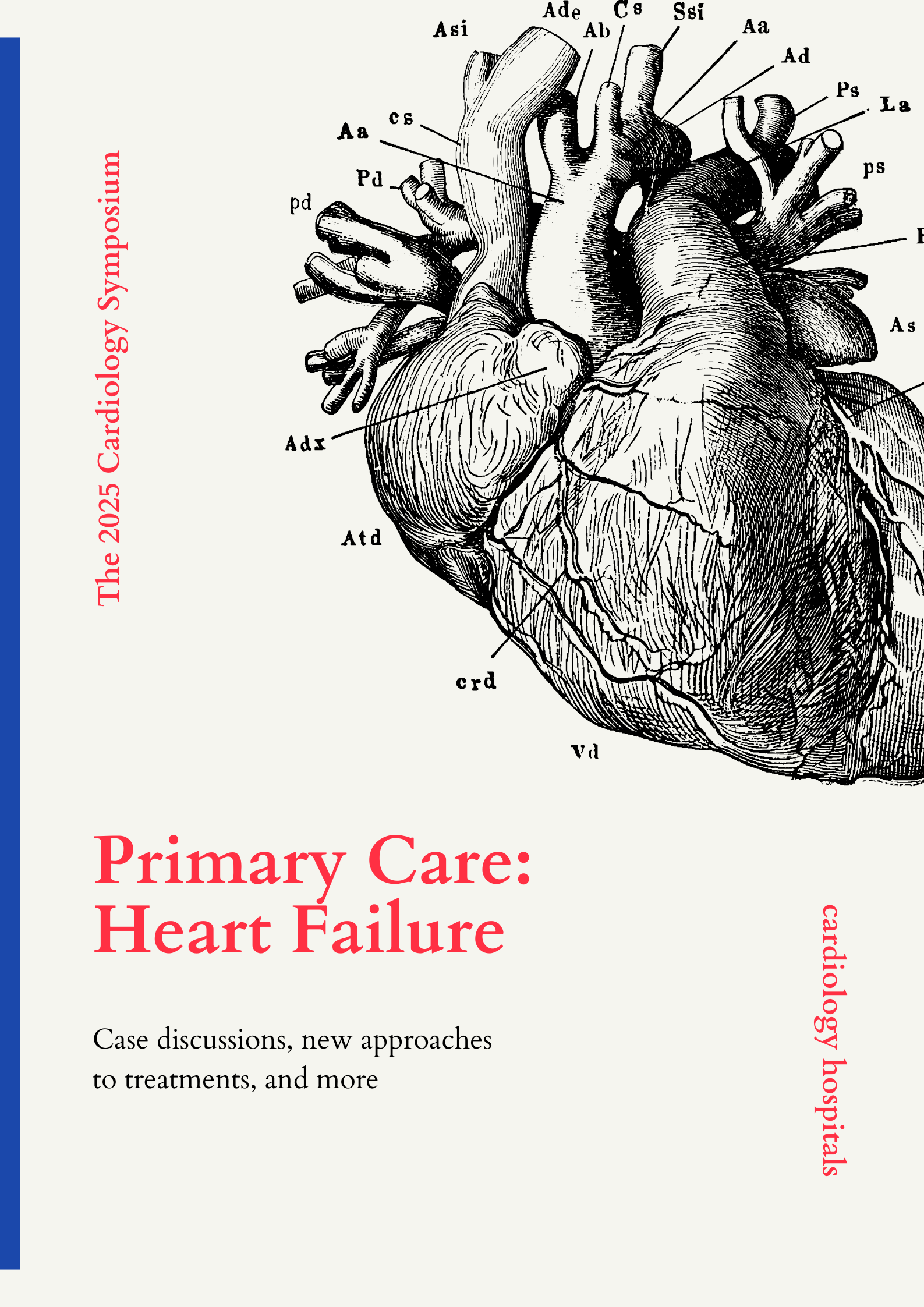Finding the right cardiologist can be a critical step in managing your heart health. A cardiologist is a medical professional specializing in diagnosing and treating heart conditions, including heart disease, hypertension, and other cardiovascular issues. Choosing the right one is essential for receiving the best care and building a trusting, long-term relationship with your healthcare provider.
Understand Your Needs
Before choosing a cardiologist, it’s important to understand what kind of heart care you need. Cardiologists specialize in different areas, such as general cardiology, heart failure, arrhythmia (irregular heartbeat), or interventional procedures (like stent placements or catheter-based surgeries). If you have a specific condition, you may need a cardiologist who specializes in that area. If you’re seeing a cardiologist for general heart health, a general cardiologist may be the right choice.
Research the Cardiologist’s Qualifications
Look for a cardiologist who is board-certified, which means they have completed specialized training in cardiology and passed rigorous exams. Board certification ensures that the cardiologist has the knowledge and skills to provide high-quality care. You can also check if the cardiologist has completed additional fellowship training in specific areas of cardiology if you need specialized care. Make sure the cardiologist has experience in treating conditions similar to yours, especially if your condition is complex.
Consider Their Reputation and Experience
The cardiologist’s reputation is an important factor in choosing the right one. You can ask for recommendations from your primary care physician, family members, or friends who may have had experience with a cardiologist. Reading online reviews or checking ratings can provide insights into the doctor’s communication skills, the quality of care they provide, and their office staff. Don’t hesitate to ask how long the cardiologist has been practicing and their experience with your particular condition.
Location and Accessibility
Consider the cardiologist’s office location and how accessible it is. A cardiologist who is closer to your home or workplace can make it easier to attend appointments. Think about the convenience of scheduling visits, especially if you need frequent check-ups or follow-up care. Some cardiologists may also offer telehealth consultations, which can be a convenient option for some patients, especially for follow-up care or non-emergency consultations.
Office Environment and Staff
The office environment can play a significant role in your comfort and overall experience. Pay attention to the cleanliness of the office and the friendliness of the staff when you first visit. A welcoming, efficient office with helpful staff can make managing your heart health easier and less stressful. It’s also important to feel comfortable with the cardiologist’s office in terms of appointment availability, wait times, and how well they handle billing and insurance.
Communication Style
A key factor in choosing the right cardiologist is their communication style. A good cardiologist will take the time to explain your condition, treatment options, and any questions you might have. They should be patient, approachable, and willing to listen to your concerns. It’s essential to feel that you can ask questions and get clear, understandable answers. Good communication can help reduce anxiety and build a positive patient-doctor relationship.
Consider Your Insurance Coverage
Make sure the cardiologist you choose is in-network with your health insurance plan. This can significantly affect your out-of-pocket costs. Contact your insurance provider to confirm the cardiologist’s coverage or check their website to find out if the doctor is covered under your plan. If you have a specialized insurance plan or need pre-approval for certain services, be sure to clarify those details with both your insurance provider and the cardiologist’s office.
Get a Second Opinion
If you’re unsure about the cardiologist you are considering, it’s okay to get a second opinion. A second opinion can help you make sure you’re getting the right treatment plan and approach. If you’re seeing a cardiologist for a complex or serious condition, having multiple opinions can provide peace of mind and confidence in your decision-making.
Trust Your Instincts
Lastly, trust your instincts. You should feel comfortable and confident with the cardiologist you choose. A good relationship with your cardiologist can have a significant impact on your heart health, so it’s important to choose someone who makes you feel cared for and supported.
Conclusion
Choosing the right cardiologist is an important step in managing your heart health. By understanding your needs, researching the doctor’s qualifications, considering their reputation and experience, and ensuring clear communication, you can find a cardiologist who will provide the best care for you. Remember to trust your instincts and prioritize your comfort, as a good doctor-patient relationship is essential for maintaining long-term heart health.
